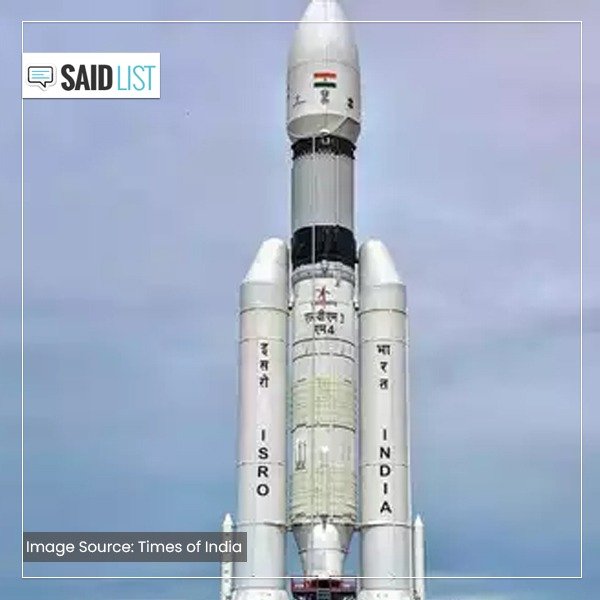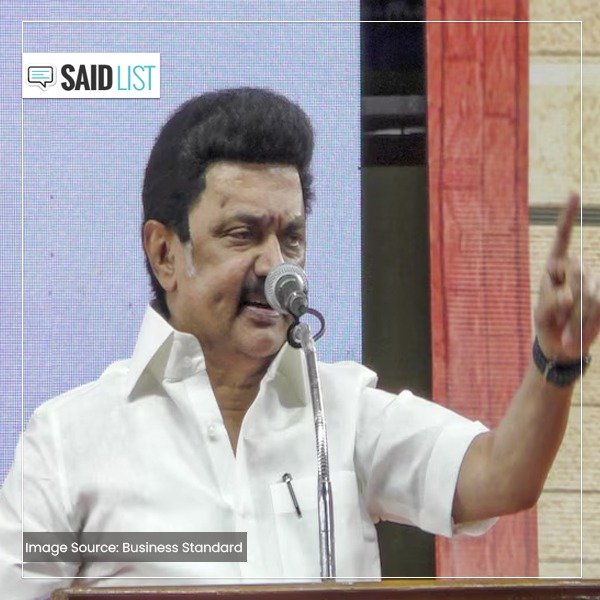The process by which the content pieces of a site are arranged is known as Content Management, the content on the site can be any thing such as text, graphics and media clips. These content pieces come with some tagging schemes such as HTML, XML etc. The content and tagging schemes are combined together in an optimal way to perform efficient content management.
This efficient content management is carried with the help of Content Management Systems. These systems as such require no technical training, non-techies, without and technical experience can also easily add, delete images and edit text in the website easily.
Choosing the correct CMS is one of the most crucial decision one has to make while creating a website.
Every organization has it’s own content such as product information, user guide videos, history, about us, services etc. Each organization chooses the CMS that matches to it’s needs and requirements. Some organizations want to put more focus on site content, others want to put more emphasis on e-commerce services, a company’s own domain matters a lot while selecting a CMS.
Here are some benefits of using CMS :
- Content Security : Access to the content is provided on authority basis, authorized users are provided with unique id’s without which access can’t be possible.
- Cost convenient for translation : The Unicode support functionality allows translation of small packets of content instead of entire document conversion that helps saving financial investment of resources.
- Makes page management easy : Authorized users can publish webpages and posts without having any programming skill.
- Review and Approval feature : The workflow while managing content is mentained, well defined functions for reviewing the content and approving the content is there.
- Time saver for developers : Since non-technical people can easily manage the content, the developers can focus more on the technical feature functionalities.
- Responsive enabled : The CMS created content automatically gets fit to small screen mobile devices.
- Previous Versions can be Restored : The changes made to the Webpages can be tracked easily and if required, the previous versions can be restored. This makes error correction very easy for developers and designers in case of site failiure.
- SEO Optimization feature : The CMS lets us create SEO friendly sites, each page can be made SEO friendly, the Search Engine Rankings of the CMS created websites is generally high because various available SEO plugins.
Here is a comparision between some most followed choices for Content management systems out there – WordPress, Joomla and Drupal :
WordPress :
- WordPress came out in 2003, it was released by Matt Mullenwegg. Today 75 million websites are based on WordPress, it is the most used CMS in the world.
- It provides the largest number of free plugins as compared to other CMS Platforms.
- This CMS is used for making simple websites, most blogging websites and news websites prefer WordPress. Easily manageable websites are created using WordPress. The functionality of the website can be extended using the available add-ons
- One does not need to be a techie to create a site using WordPress, the types to create a site are intuitive and easy and the site gets created quickly.
- Advantages Offered :
- Easy and Intuitive Development :
- SEO optimized :
- Mobile device optimization :
- Disadvantages :
- Prone to hacking :
- Harm causing Updates :
- Low Speed :
Joomla :
- Joomla came out in 2003, it was released by Mambo.
- Joomla supports 8 million websites. It is known as the second most famous popular CMS in the world.
- It has less number of plugins to offer as compared to WordPress and Drupal.
- Websites can be built with more structure flexibility and more content can be supported on the web pages as compared to WordPress .
- E-commerce and Social Networking are supported by Joomla.
- The installation and setup is easy, the development in Joomla is more complex than Drupal but less complex than WordPress.
- Advantages :
- Powerful Admin Interface :
- E-commerce friendly :
- Strong development Community :
- Disadvantages :
- Limited marketplace for Modules :
- Compatibility issue in plugins :
Drupal :
- Drupal was released in 2001 by Dreis Buytaert. 1.1 million sites run on Drupal CMS.
- It comes after WordPress and Joomla in popularity.
- It has the second largest number of plugins after WordPress.
- Drupal is used as a development platform when the site is advance, the data to be organized is complex example online stores, or community sites with large number of users.
- Technical expertise is must, one cannot use Drupal if not from technical backgroung.
- Advantages
- Easily Extendabel : It is a powerful platform, advance sites depending upon the requirements of the users can be created.
- Support to multiple sites : Allthough the code base is unique but multiple sites can be supported.
- High Speed : Advance websites with caching feature make them fast, integrations are available to boost their performance further.
- Disadvatnages :
- Less Supporting Community : A few developers are out there that work on Drupal.
- Diffycult Learning : The learning of this CMS is a bit tough, one should have some technical experience to understand it’s operation and a lot of dedication is required to learn Drupal.
Some Development Companies provide services for development of Websites using appropriate CMS. Their work is reputed in the market and their clients are the most satisfied website owners.
———————————————
The author is an experienced digital media professional having experience of more than 25 years in leadership roles at several leading internet and media companies in India.











